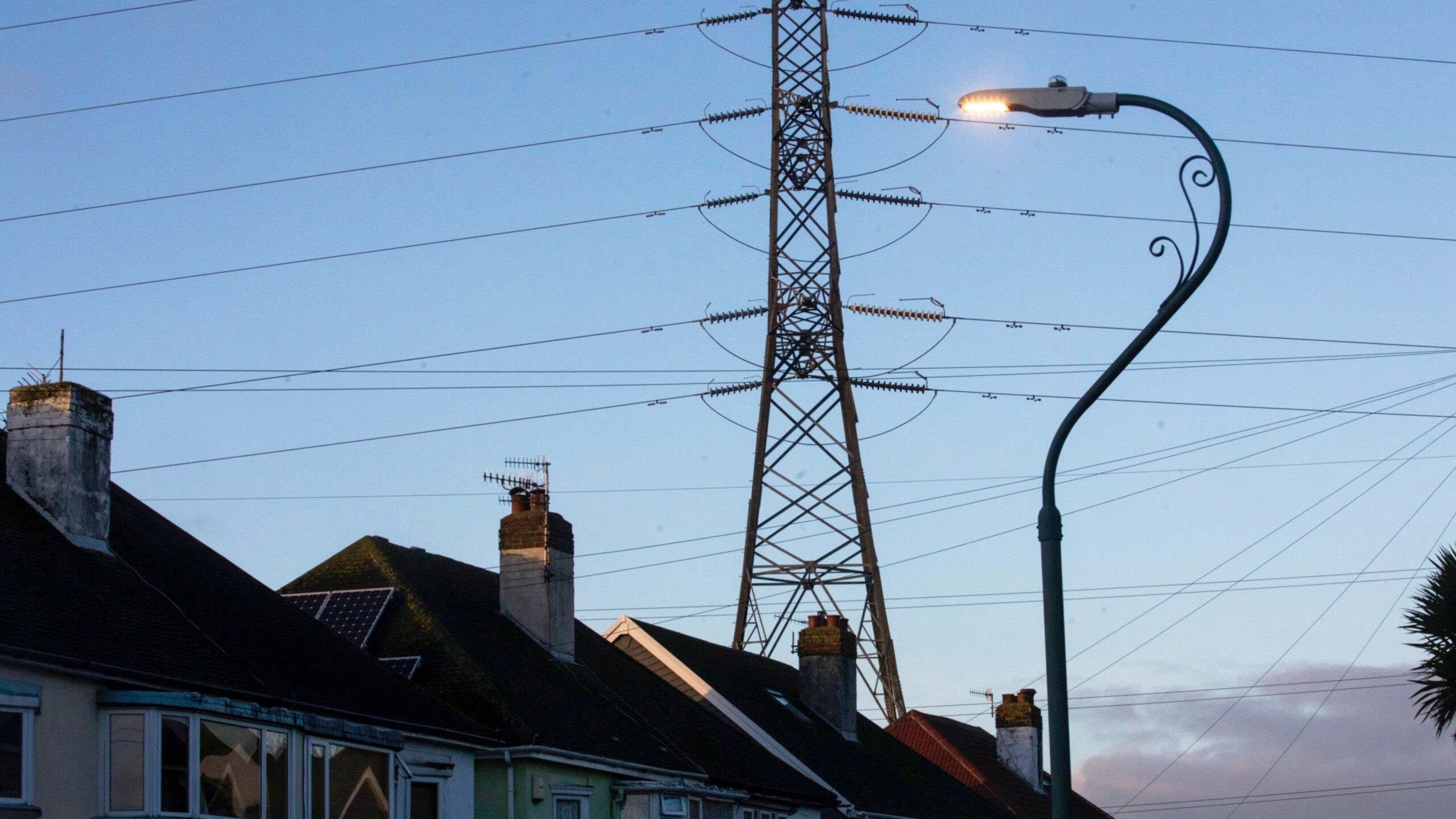
Two-thirds of UK energy firms unsettled by domestic green policy

UK energy companies overwhelmingly believe that policy changes are needed to unlock investment, a survey by UKSIF finds
Sixty-three per cent of UK energy companies have moved or intend to transfer investments outside the country to regions they deem more supportive of their sustainability objectives, a new report claims.
In a survey conducted by the UK Sustainable Investment and Finance Association trade body, which received responses from 100 large energy companies, 87 per cent of respondents said they believe policy changes are required to make the UK a more appealing destination for green energy investments.
Eighty-one per cent of respondents said the UK was falling behind other countries in the fight to become the most investable market for low-carbon energy. Good policies could unlock £115bn in green investment, UKSIF’s report said.
UKSIF earmarked three areas for green policy improvement in the UK. It recommended revamping planning rules to lower the time it normally takes to progress large energy projects, observing that planning delays are deterring investment. Two-thirds of large UK energy businesses told the survey that accelerating the consenting process for big projects would reduce the time needed to take decisions.
“Multiple decades of arcane and archaic planning rules are putting the UK energy transition in great jeopardy,” said UKSIF chief executive James Alexander.
The report also suggested ensuring that the UK’s electricity grid capacity was sufficient to lower the time it takes for projects to connect to the grid. Forty-four per cent of energy company respondents to the survey said connecting to the grid had been a barrier to investment.
Finally, UKSIF recommended updating the UK’s energy pricing mechanisms to encourage more investment in low-carbon power capacity. No bids were submitted in last year’s auction round for offshore wind, with developers pointing out that the price they would have been paid for generating electricity was too low in an environment of rising costs.
The trade body urged the government to update the auction process and agree a predetermined amount of capacity that would be procured in each process, instead of simply setting a budget. A three-year timetable for “contracts for difference” would also help investors, it said.
You can find the full report here.
Similar Articles

In Brief: EU parliament rubber-stamps CSDDD; US imposes strict rules on carbon pollution from power plants

UK Climate Change Act remains legally sound 15 years on, experts say


